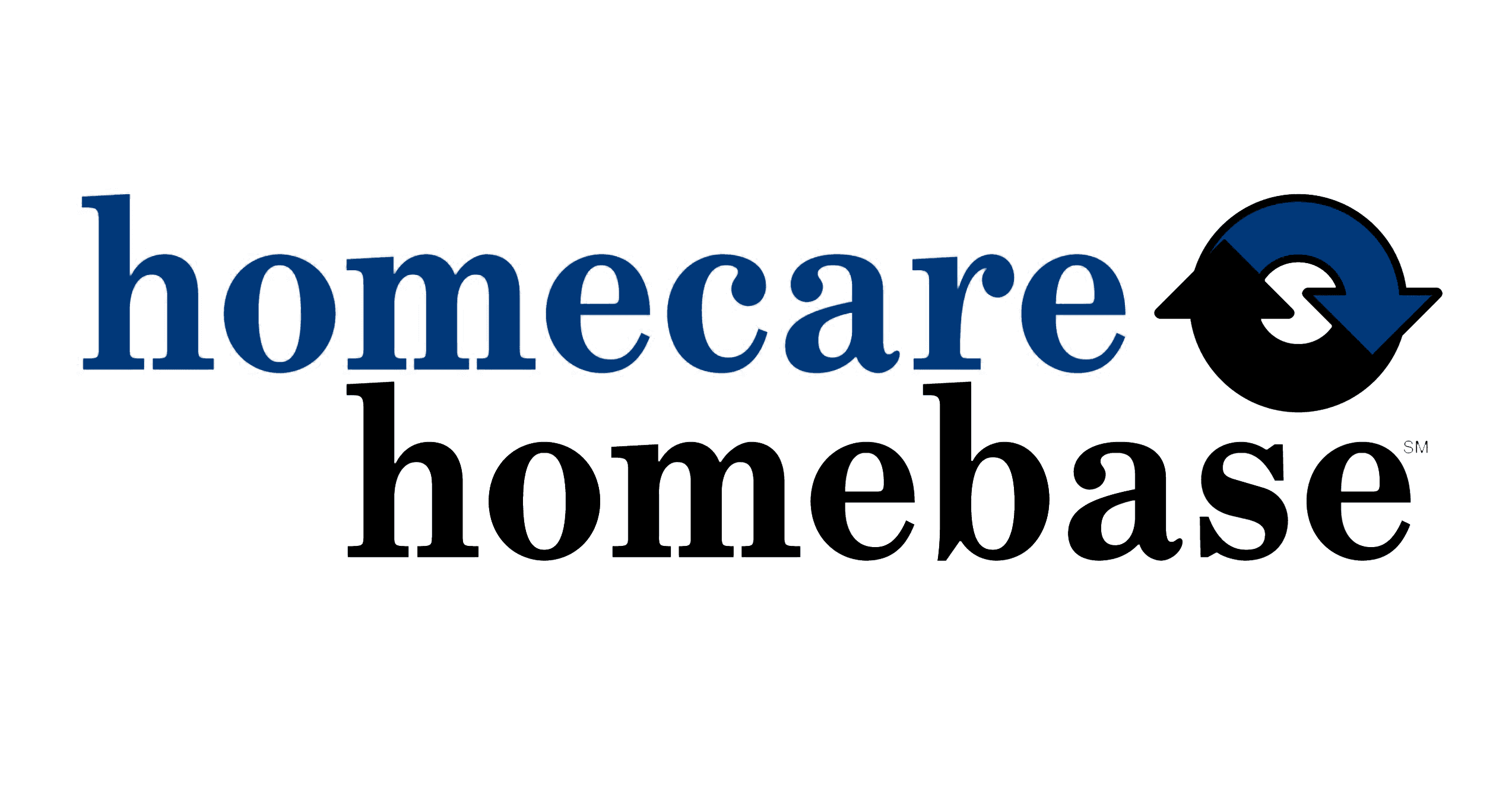The right care. The right time. Every time.
The trusted triage partner for
home-based care.

“During a recent branch survey, there was a focus on on-call coordination and patient response time. Each chart reviewed had thorough documentation from the CareXM team, helping to prove timely response from initial call to in-person visit time. All efforts were clearly documented showing appropriate coordination of care. We received no deficiencies in this area!”
Krystle S., BSN, RN, CHPN. CHC, Regional Director of Hospice Ops, VitalCaring
Care settings we serve:
Hospice
Home Health
Palliative
Hospitals & Health Systems
Physicians & Clinics
Experience EMR-integrated triage support.
We integrate with all major EMR platforms, giving our nurses real-time access to patient records and equipping them to handle calls directly without requiring extra EMR licenses for your team.









